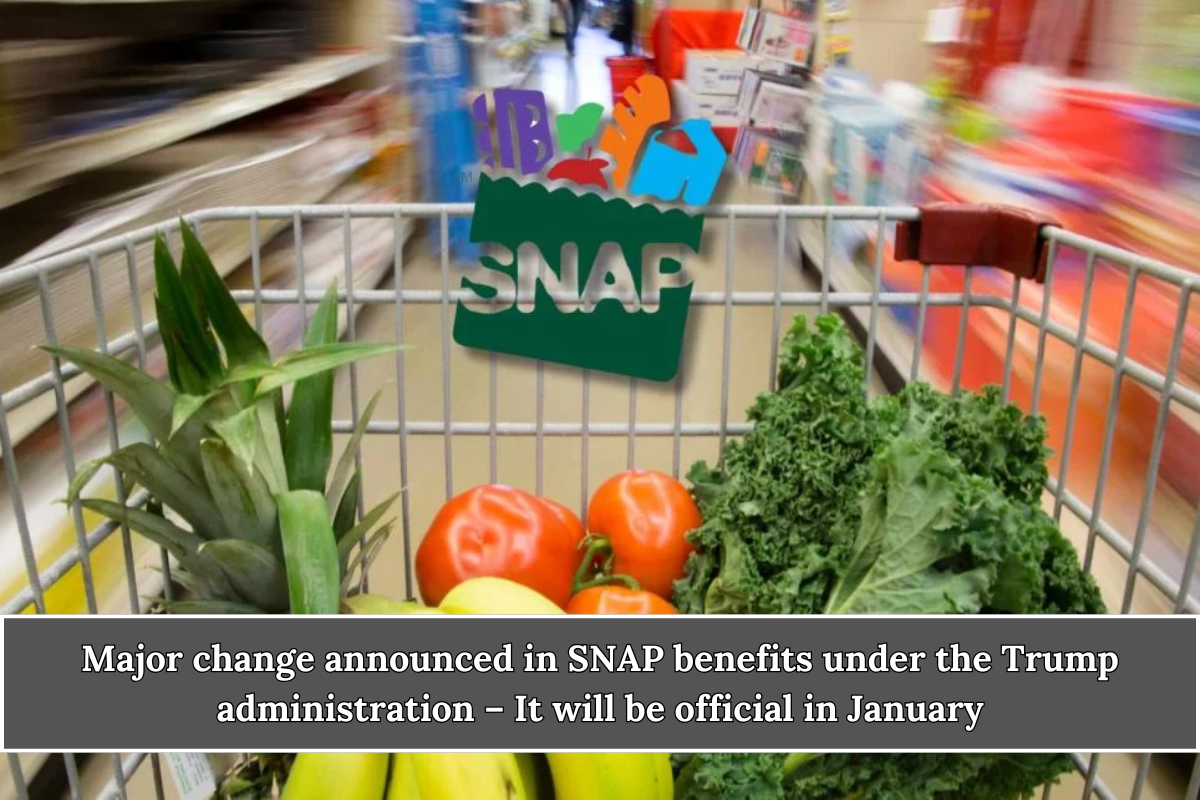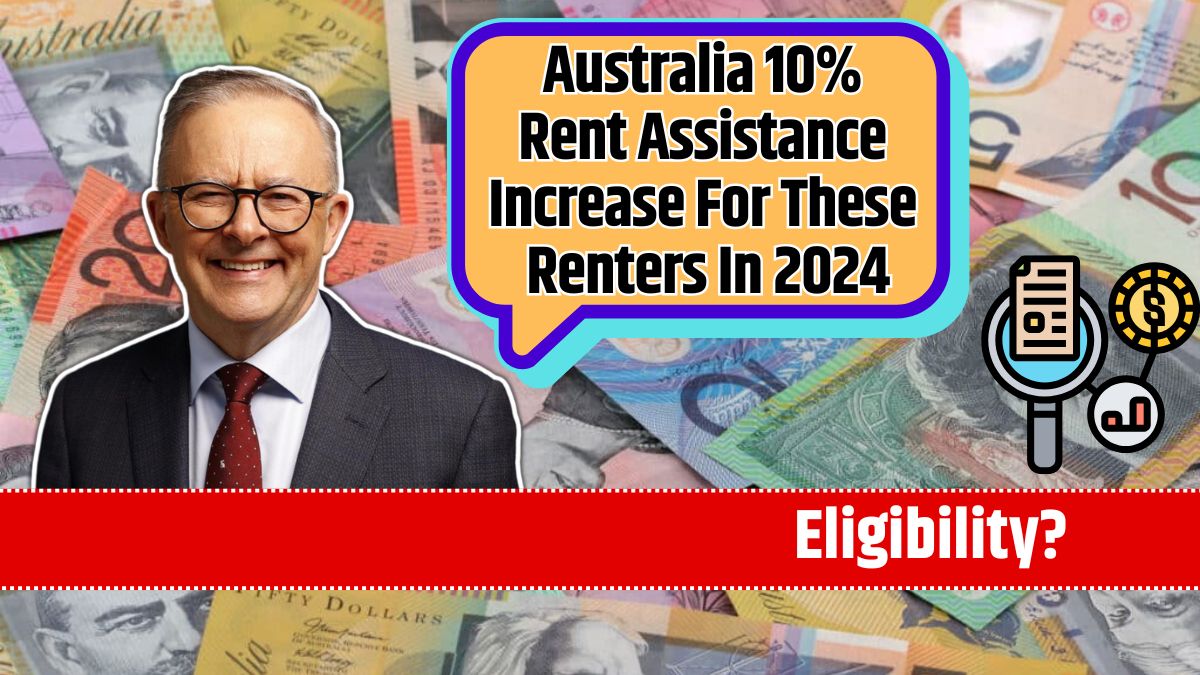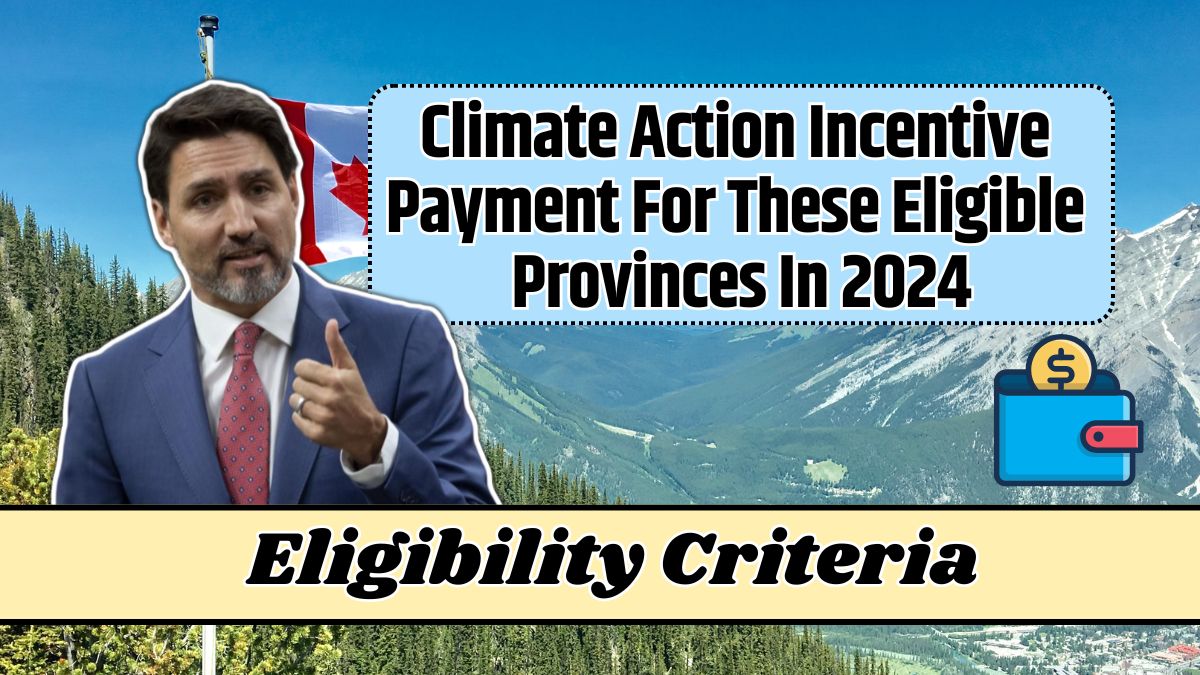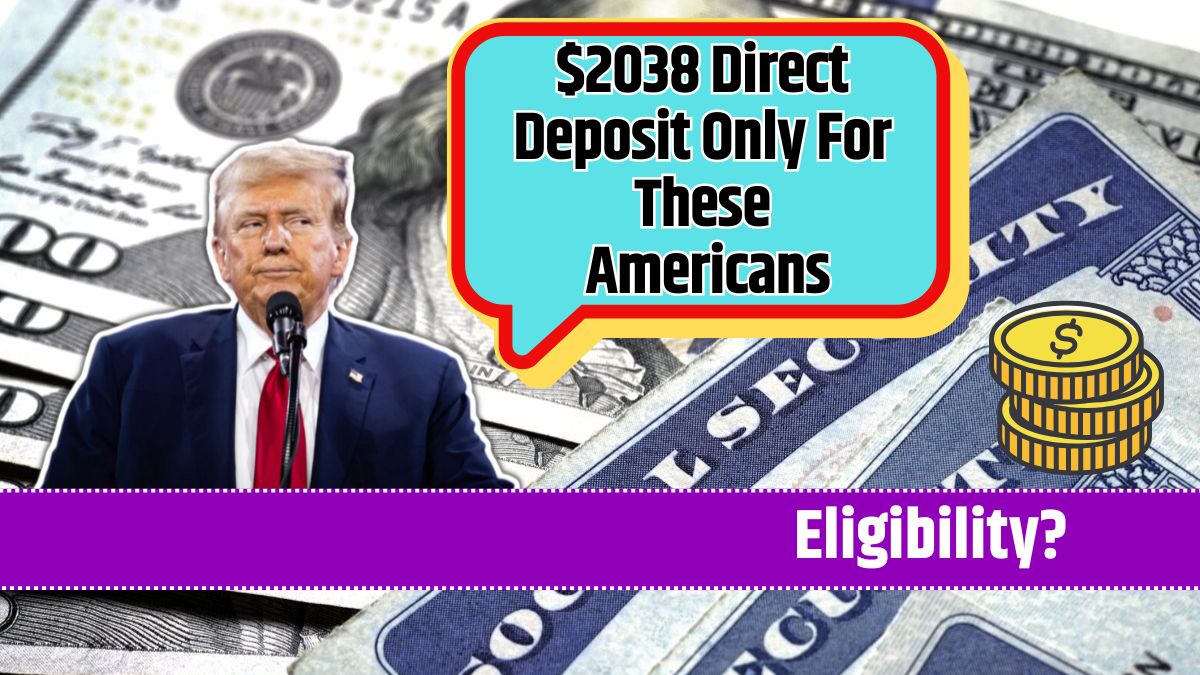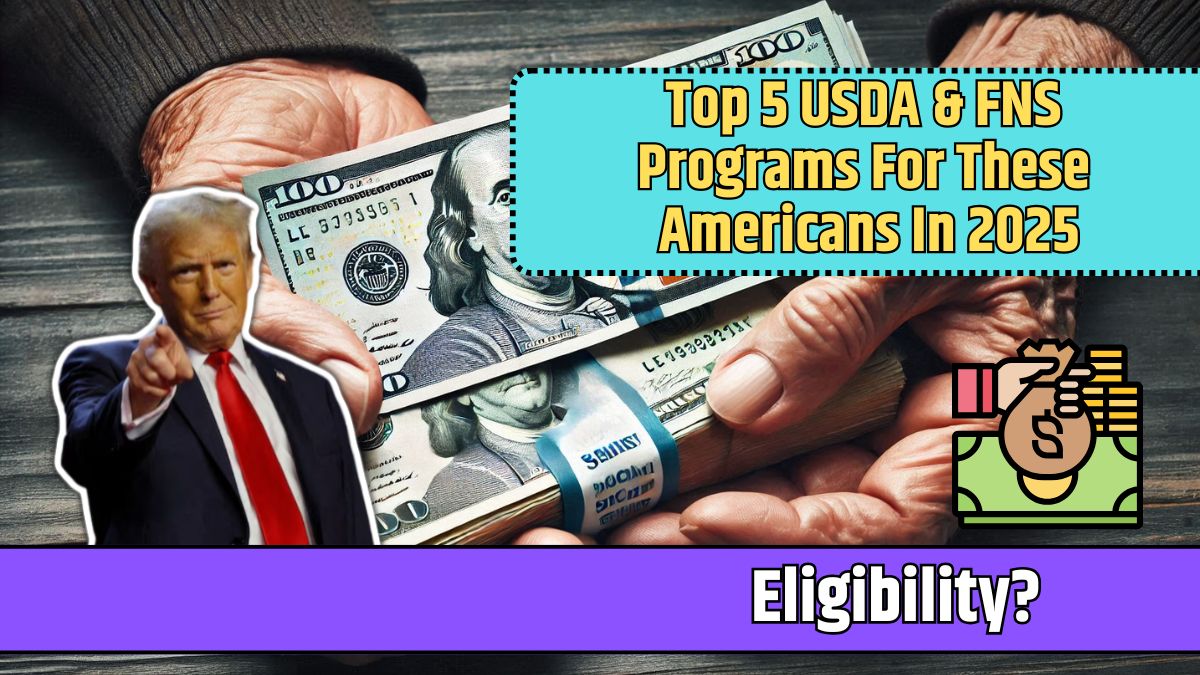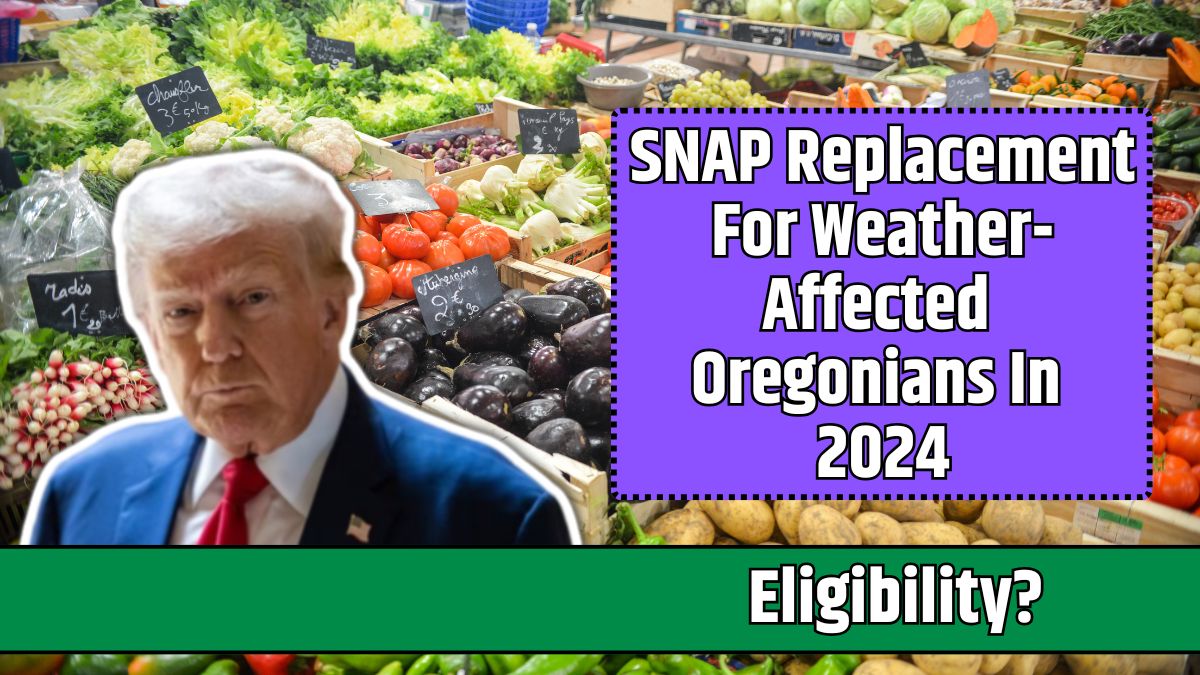With the incoming president, there are some worries regarding benefit management, notably the Supplemental Nutrition Assistance Program (SNAP), since some statements have indicated that the program might be imperiled once President-elect Trump takes office.
Vivek Ramaswamy, founder of Roivant Sciences, a pharmaceutical company, and former Republican candidate, along with billionaire Tesla and Space X owner Elon Musk, are set to head up a new advisory body, the Department for Government Efficiency, or DOGE, in the new year, which, according to them, will eliminate waste in multiple government programs and agencies to “improve efficiency”. One of the targeted programs is SNAP, which is funded by the USDA and managed on a state level.
According to Ramaswamy’s study, SNAP, which helps low- and no-income families in the United States pay for food, has $1 billion “wasted *every month* on ineligible SNAP benefits” owing to overpayments and fraudsters preying on users.
According to Newsweek, he went on to explain, “Overpayments occur when governments allow claimants to continue receiving benefits despite earnings that would disqualify them.
Scammers may get advantages from many states owing to a lack of collaboration. Eliminating waste and fraud from the SNAP program would save billions of dollars annually. This isn’t (and shouldn’t be) a party issue.
The problems with SNAP Benefits
The data presented was not adequately cited, so we do not know the source, but the reality is that the program has been vulnerable to extensive fraud in recent years, with many issues with electronic benefit transfer (EBT) cards in particular.
These EBT cards are loaded with money every month to be used in participating stores and online, and because they function similarly to ordinary debit or credit cards, they are vulnerable to frauds such as cloning, phishing, and skimming, all of which also affect bank cards.
Since the second quarter of 2023, the USDA has received over 810,000 reports of fraud, with stolen benefits totaling $150,646,972. The national overpayment rate for fiscal year 2023 was 10.03%, with underpayments at 1.64%. These percentages differ significantly by state, with Alaska having the greatest error rate at 60.37% and South Dakota having the lowest at 3.27%.
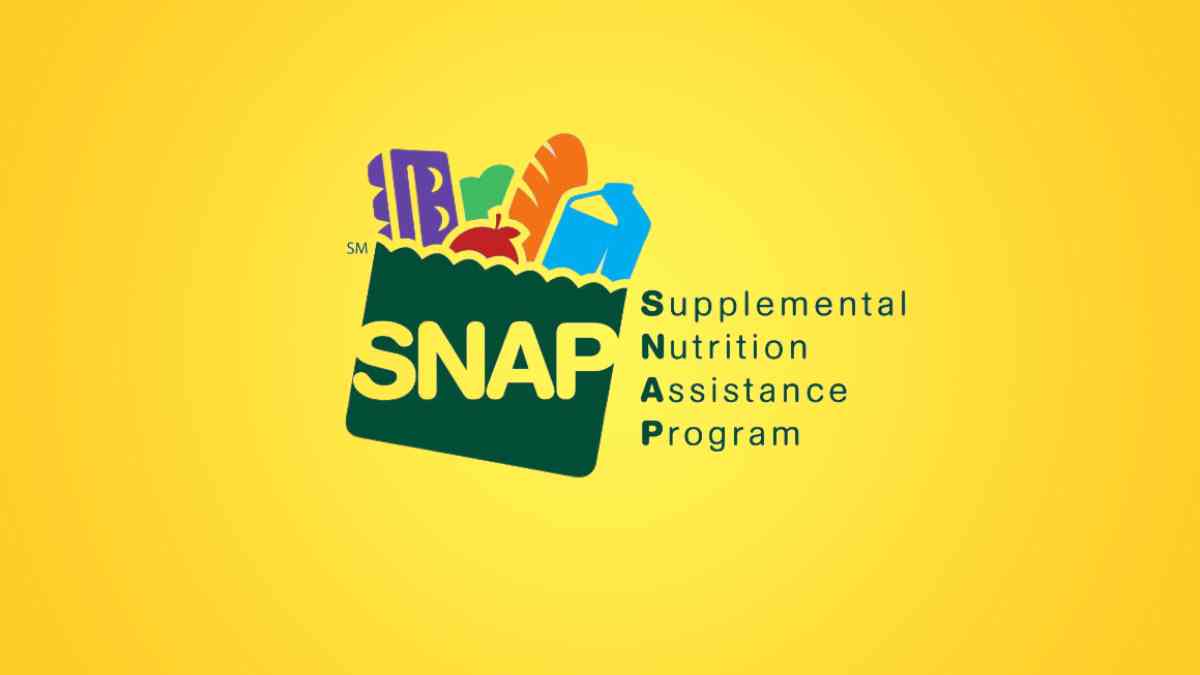
Since the situation has been ongoing for some time, SNAP officials, as well as concerned people and local politicians, have repeatedly demanded that “urgent state actions” be taken to address it. Higher punishments for people who commit fraud have also been proposed, however because it is a state-run program with federal monies, penalties vary greatly from state to state.
And not all issues are caused by fraud, as the government agency stated in a press statement in June 2024: “Payment errors are largely due to unintentional mistakes, either by the state agency or the household, that affect the accurate determination of eligibility or benefit amounts.”
Although sanctions will be imposed for noncompliance, there is nothing that can be done to prevent errors from being declared fraudulent.
Other DOGE purposes
The new advisory cabinet will not only focus on SNAP benefits, but will also attempt to overhaul fraud prevention measures for other types of government assistance, such as Social Security and Medicare, which are not known for fraudulent claims but are perceived to be wasteful by the new members.
The good news is that, according to Ramaswamy, large-scale cutbacks are unlikely since it is “a policy decision that belongs to the voters” and their legislative representatives. This implies that Americans may get a little respite before these programs are declared completely inefficient by commercial standards and removed.
